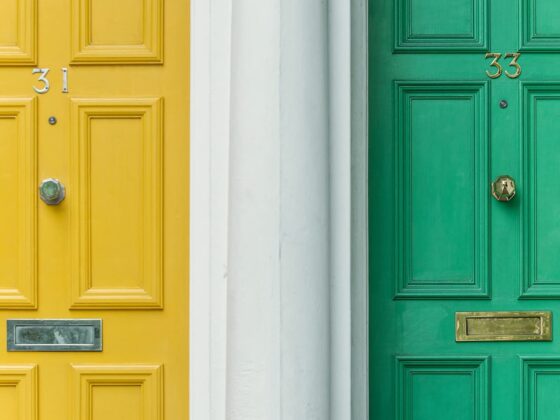For those interested in obtaining permanent resident status in Hong Kong, “ordinarily residing” in Hong Kong for a continuous period of at least 7 years is one of the most common ways to qualify for permanent resident status with the Right of Abode. However, under the Hong Kong Immigration Ordinance, there are 9 categories of people that are excluded from holding “ordinary residence” status, despite the fact that they are residing in Hong Kong legally, voluntarily and for a settled purpose.
It might surprise some to know that foreign domestic helpers working and living legally in Hong Kong are one of these groups that are not recognized as having “ordinary residence” in the territory. Thus, a foreign domestic helper is not treated as satisfying the requirement of ordinary residence for a continuous period of at least 7 years. As such, foreign domestic helpers cannot become permanent residents of Hong Kong.
This exclusion of foreign domestic helpers under the Ordinance was challenged as unconstitutional in 2010 in the case of Vallejos Evangeline Banao v Commissioner of Registration. In March 2013, the Court of Final Appeal ultimately held the provision valid by concluding that domestic helpers are not entitled to the Right of Abode as their stay in Hong Kong is not considered to be an “ordinary residence”.
What did the Court in Vallejos say about the meaning of “ordinary residence”?
In the Vallejos case, the Court of First Instance (CFI) was persuaded that the Applicant met the requirements in place at the time to qualify for “ordinary residence” status. The first task of the CFI was to understand the term “ordinarily resided” in Article 24(2)(4) of the Basic Law. In this task, the CFI followed the joint decisions of Regina v Barnet London Borough Council, ex parte Shah and Akbar Ali v Brent London Borough Council [1983] 2 AC 309.
Shah and Akbar Ali concerned a UK statute which required every local education authority to grant awards to persons who had been “ordinarily resident” in the area for three years. In its judgement, the court held that the term “ordinarily resident” referred to a residence “adopted voluntarily and for settled purposes [such as employment or education] as part of the regular order of his life for the time being”. With this understanding of “ordinarily resident”, the House of Lords ruled unanimously that the appellants (who had originally entered the UK as students) were in fact ordinarily resident and entitled to the awards.
However, on appeal the Court of Appeal (CA) declined to adopt the Shah test, emphasizing that no common law definition could provide a single understanding of “ordinarily resident” which applies in every context. In its ruling, the CA recognized the possibility of exceptions to the usual test in Shah by stating that it applies unless the legal context or statutory framework in which “ordinarily resident” is used requires a different meaning.
Considering the above finding, the CA then determined that the common law understanding of “ordinarily resident” expressed in Shah can be modified by legislation, so long as the legislature respects the “core meaning” of that term. The court also described the “core meaning” of “ordinarily resident” as referring to residence that is not “out of the ordinary” or “extraordinary”.
Applying this understanding of the “core meaning” of “ordinarily resident”, the CA found that the stay of foreign domestic helpers in Hong Kong is indeed out of the ordinary. The CA took a majoritarian approach and stated that, especially from society’s perspective, the stay of foreign domestic helpers is extraordinary – given the fact that they come for a special, limited purpose and are highly regulated while in Hong Kong. As the immigration legislation did not infringe the “core meaning” of the term “ordinarily resident” in Article 24 of the Basic Law, it was held to be constitutional.
Conclusion
To conclude, under the Hong Kong Immigration Ordinance, foreign domestic helpers, unlike most other visa holders, are not considered to have “ordinary residence” in the territory. Therefore, no matter how long they have been working as a foreign domestic helper in Hong Kong, their time working and residing in Hong Kong will not count towards the requirements for obtaining Right of Abode status.
Our team at Hugill & Ip has extensive experience in dealing with Immigration issues – so if you need further advice on this subject, get in touch with us.
This article is for information purposes only. Its contents do not constitute legal advice and readers should not regard this article as a substitute for detailed advice in individual instances.




